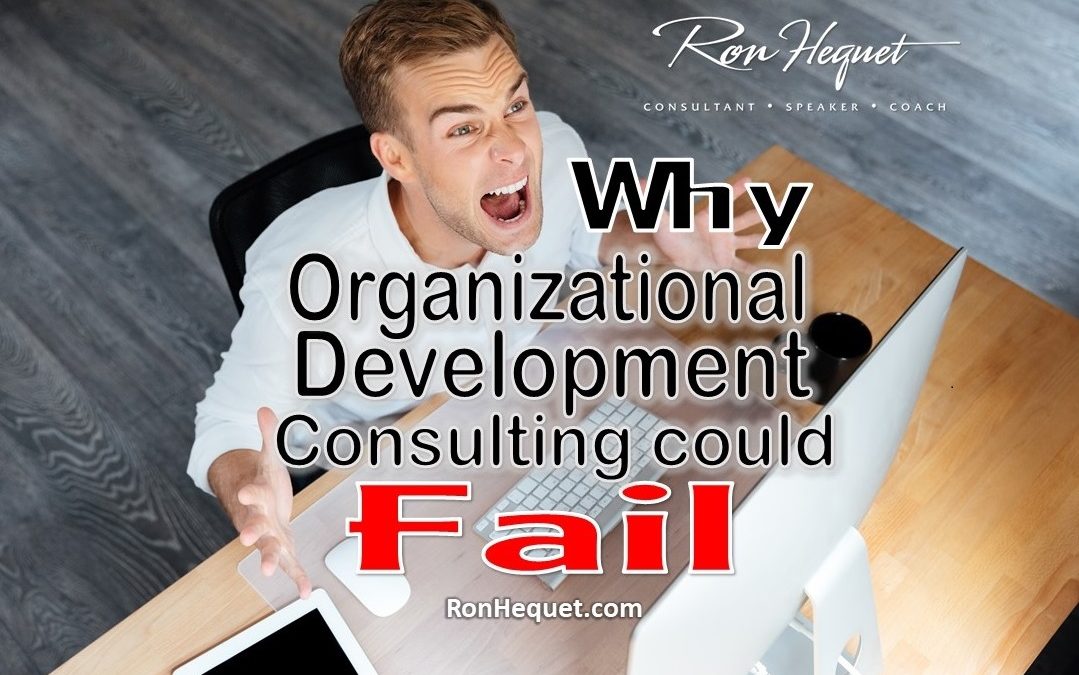Business owners in need of development assistance often ask how I would handle an organizational development issue. My response is always the same. Unless the scope of work includes work on financial matters, I probably will not accept the project.
You see, money and people are two sides of the same coin. Show me what you think is a people problem, and I will show you a money problem. Likewise, show me what you think is a money problem, and I will show you a people problem. If a client is not willing to address both sides of this coin at the same time, that’s a formula for failure. Therefore, I never commit to working on only half of the problem.
Here are seven main reasons why I do not accept strictly organizational development consulting.
1. The leader is not currently a model for his employees or is unwilling to serve as one.
Leaders communicate the policies and plans needed to initiate the work of their business and spur their subordinates to action. A leader that doesn’t lead is useless.
2. Management insists on trying to salvage people with absurd counseling.
I advocate hiring slow, but firing fast. You should quickly identify people in your organization who do not contribute to your company’s growth and profitability. Do them (and your company) a favor by allowing them to move on to employment that is more suitable.
3. Somebody in the organization has simply gotten the client excited about the latest and greatest management mantra.
They believe the momentum generated by phrases such as good to great, self-direction, value-added, world class, etc. can supplant the need for a true strategic plan. It can’t and it won’t.
4. The business has not developed a strategy.
Strategy enables a company to develop a clearer picture of what is required for them to succeed. A well-developed strategy supports current and future growth, productivity, and profitability.
5. The leader has not made organizational development, decision-making, innovation, or problem solving part of the strategy.
These strategic components help companies identify and address weaknesses and mitigate risks. They also help companies focus on the things that are most likely to deliver the best results.
6. Management believes that business planning and career development are the same thing.
Business planning involves creating strategies and taking actions to promote the survival and development of a business. On the other hand, career development is an organized approach used to match employee goals with the needs of the company. While distinctly different, they work hand-in-hand to ensure an organization’s success.
7. The client is not willing to assign accountability with consequences.
Make consequences and rewards known to your staff and then act on the policies you have implemented. Providing employees with frequent and actionable feedback—both positive and negative—promotes a fair and productive environment.
I don’t believe you have to develop an intricate organizational model or use convoluted decision making practices to turn an organization into a profitable, well-oiled machine. You just need a spine and a penchant for taking consistent and sustained action.
To get more information and receive other no-cost special audio downloads, reports, articles, blog posts, and more, visit Ron Hequet where I cover valuable topics that every person wanting to grow their business or career needs to know. And, if you’re ready to take your business to the next level, get a free assessment from me personally at Free Business Assessment or for those wanting to build your career go to Complimentary Coaching Assessment.
And if you haven’t joined my FB group yet, click here to join.

